Last updated on July 20th, 2023 at 01:59 pm
WHY SHOULD WE TRAVEL TO TURKEY
Welcome to our Turkey travel, where we will take you on a tour of the country of opposites. Turkey is a transcontinental country to travel that connects Asia and Europe, with a distinct mix of cultures, traditions, and landscapes. Turkey is a location that has something for every traveler, from the busy city of Istanbul to the ancient ruins of Ephesus, the fairy chimneys of Cappadocia, and the blue waters of the Mediterranean. Turkey is a Middle Eastern country to travel with a long history that dates back thousands of years. It is a nation of contrasts, with bustling cities and peaceful rural areas, contemporary infrastructure and ancient ruins, and a diverse population that reflects the country’s unusual geographical location. Here is some reasons and that why should we travel to turkey.

Practical Information
Currency: The Turkish Lira (TRY) is the country’s official currency. For modest purchases and in case you visit locations that do not take credit cards, it is advised to have some local cash on hand. Airports, banks, and exchange offices all around the nation offer currency exchange services.
Language: Turkish is the official language of Turkey. People who speak English may be encountered while traveling in well-known tourist areas, particularly at lodging facilities, dining establishments, and tourist attractions. However, it never hurts to pick up a few fundamental Turkish slang terms to improve your communication with the populace.
Culture: The Ottoman Empire, the Byzantine Empire, and ancient Anatolian civilizations are only a few of the many civilizations whose influences may be found in Turkey’s rich cultural heritage. Here are a few cultural characteristics to emphasize:
Cuisine: Turkish food is recognized for its variety and mouthwatering flavors. Don’t pass up the chance to sample regional cuisine like kebabs, mezes (appetizers), baklava, and Turkish tea. Discovering regional cuisine is essential because Turkey is a country with many distinct culinary specialties.
Hospitality: Turkish citizens are renowned for their friendly demeanor and generous hospitality. The “çay (tea) culture” is a form of hospitality where villagers welcome you by offering you a cup of Turkish tea.
Authentic arts & crafts : Exquisite arts and crafts have a long history in Turkey. Be sure to draw attention to the well-known Turkish carpets, pottery (like Iznik tiles), calligraphy, traditional instruments like the oud, and Ebru art (marbling).
Traditional Festivals: Turkey observes a number of cultural and religious holidays all year long. For instance, during Eid al-Fitr, you can see unique prayers, feasts, and joyful celebrations. Similarly, throughout Ramadan, you can enjoy the colorful atmosphere of the month-long fasting period.
Historical Sites: Ephesus, Troy, and Hierapolis are just a few of the countless historic locations in Turkey. Stress the importance of these locations in comprehending Turkey’s complex cultural and historical past.
Religious Sites: Turkey has a wide range of religions, with Islam being the most popular. Mention important places of worship like the Blue Mosque and Suleymaniye Mosque in Istanbul, as well as the House of the Virgin Mary in Ephesus, which is regarded as a holy place for Christians to travel to.
The Best Time to Visit Turkey
The best time to visit Turkey is determined by your interests and the region you intend to visit. In general, the best times to visit Turkey are in the spring (April to May) and fall (September to October), when the weather is mild and crowds are smaller. If you want to visit the coastal regions, the summer months (June to August) are the best time to enjoy the warm weather and beaches.
Getting to Turkey
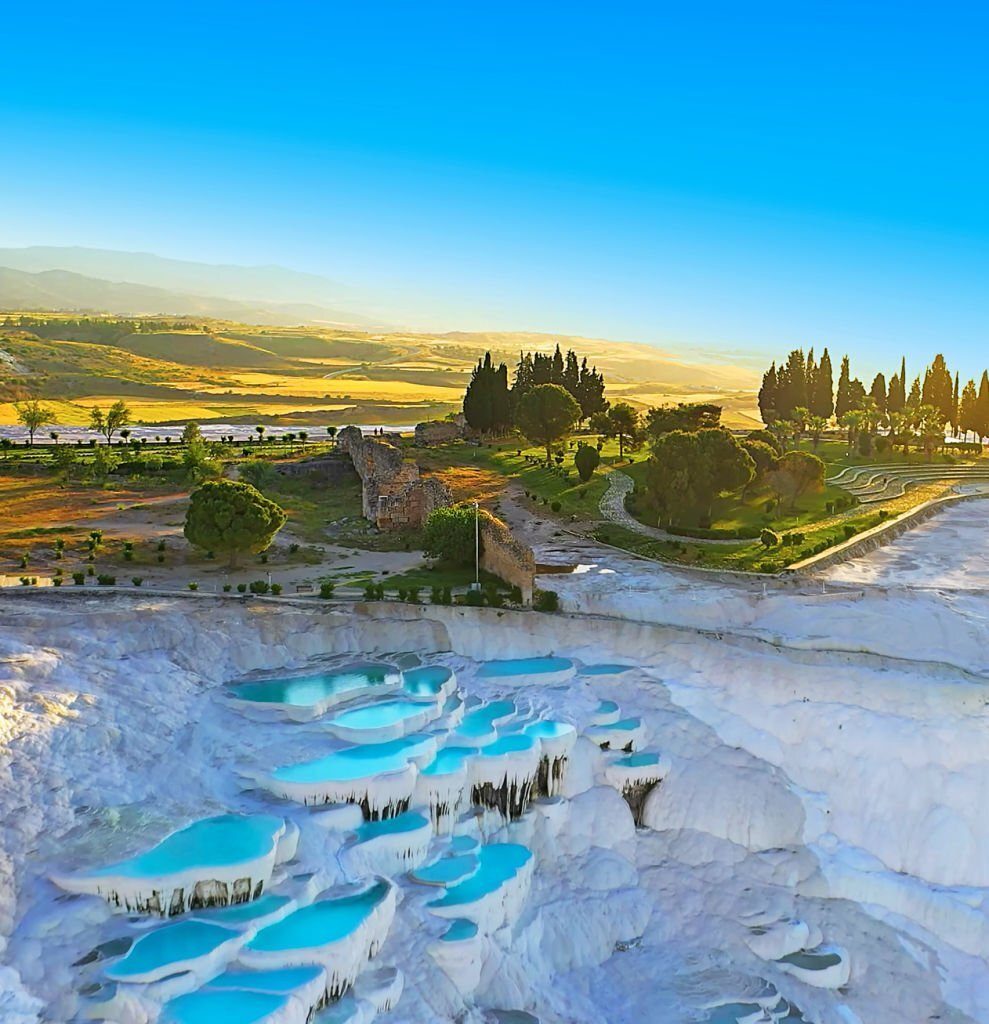
Depending on where you start, you have a variety of transportation alternatives to get to Turkey. Here is a quick guide to visiting Turkey:
By Air: Flying is the most practical way to travel to Turkey. Istanbul is a significant international hub, and numerous locations across the world provide direct flights to Istanbul’s two main airports, Istanbul Airport (IST) and Sabiha Gökçen International Airport (SAW). Other international airports can be found in significant cities including Ankara, Izmir, and Antalya.
By Land: If you reside in a neighboring nation, you might want to think about visiting Turkey via land. Greece, Bulgaria, Georgia, Armenia, Iran, Iraq, and Syria are all neighbors to Turkey on land. To cross the borders, you can take buses, trains, or private automobiles. Check before of time the border rules and visa requirements.
By Sea: Travelers arriving by sea can enter Turkey through one of the country’s many ports or marinas. In ports like Antalya, Izmir, and Istanbul, cruise ships frequently dock. Additionally, there are ferry routes that connect Turkey with Greece and Italy, giving travelers another way to enter the nation.
WHY TO VISIT TURKEY
Istanbul
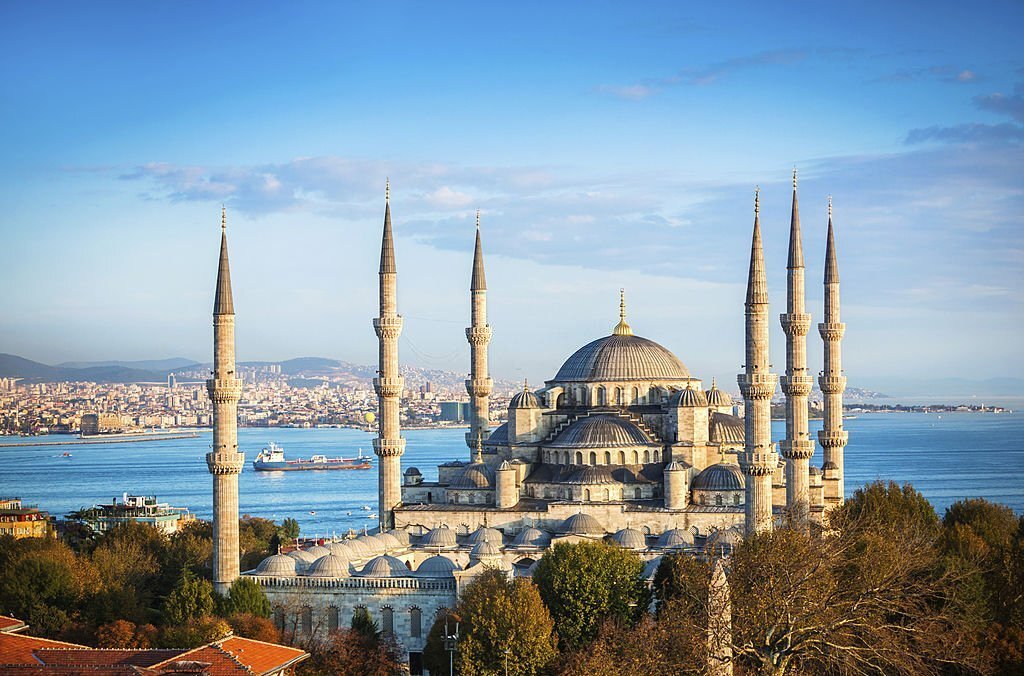
Istanbul is Turkey’s largest metropolis and one of the most active and multicultural cities in the world. It crosses between Asia and Europe, presenting a unique blend of cultures, architecture, and cuisine. Many of Turkey’s most iconic sites can be found in Istanbul, including the Hagia Sophia, the Blue Mosque, and the Grand Bazaar. Visitors can learn about the city’s rich history and culture, eat delectable Turkish cuisine, and experience the bustling energy of this dynamic metropolis.
The Mysteries of Cappadocia

Cappadocia is a one-of-a-kind location in central Turkey known for its fairy chimneys, underground cities, and hot air balloon rides. Volcanic eruptions and erosion sculpted the region’s alien landscape, resulting in a bizarre scene of cone-shaped rock formations, cave shelters, and hidden valleys. For a really memorable experience, visitors can explore the region’s underground towns, stroll through the valleys, and take a hot air balloon trip over the fairy chimneys.
Coastline of the Mediterranean
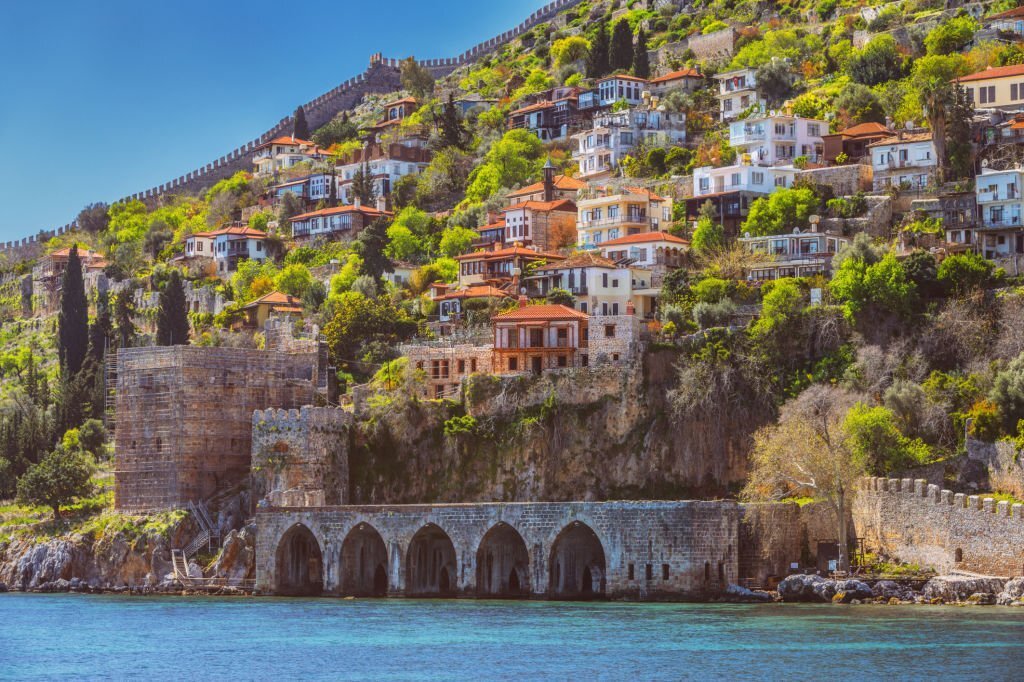
With crystal-clear waters, sandy beaches, and attractive villages, Turkey’s Mediterranean coastline is one of the most beautiful in the world. Many prominent resort towns, like as Antalya, Bodrum, and Marmaris, are located in the region, where visitors may enjoy sunbathing, swimming, and water sports. The area is particularly well-known for its delectable cuisine, which includes fresh fish, grilled meats, and mezze.
Ephesus, the Ancient City
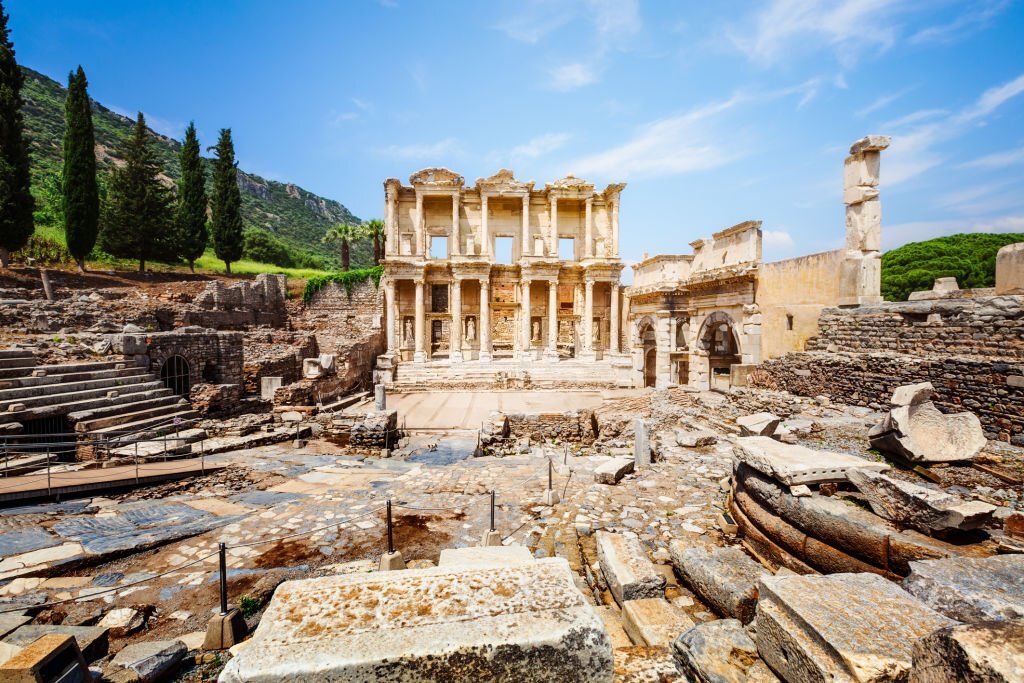
Ephesus is an ancient city in western Turkey that was once a significant Mediterranean trading and commerce center. Many well-preserved ruins can be found throughout the city, notably the Library of Celsus, the Temple of Artemis, and the Great Theater. Visitors can wander the old alleyways, admire the exquisite mosaics and frescoes, and learn about the city’s rich history and culture.
The Lycian Method
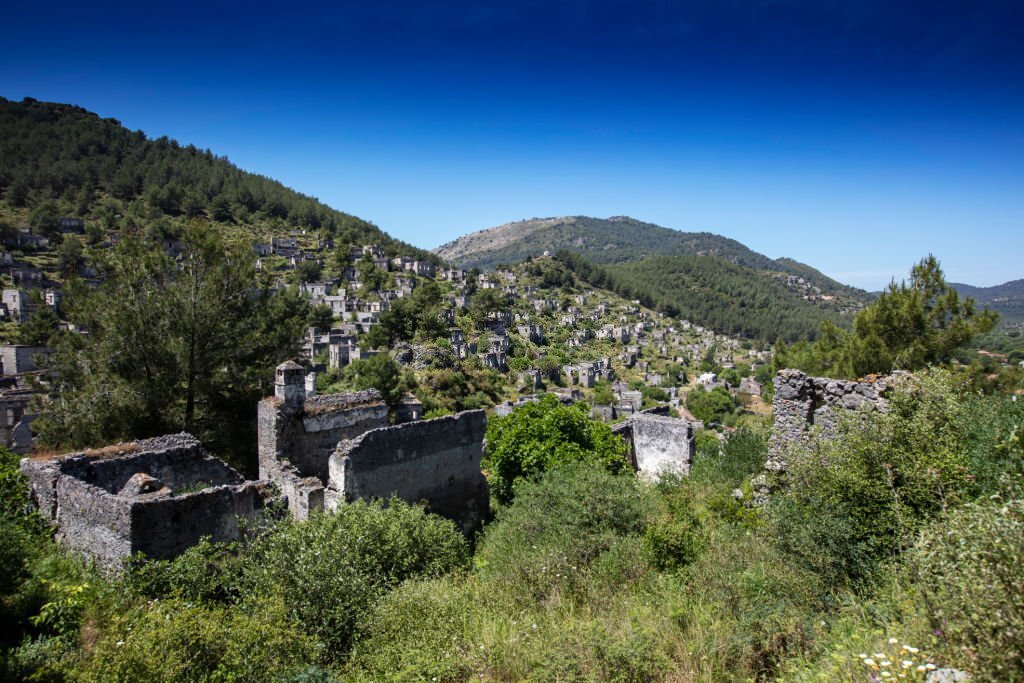
The Lycian Way is a 540-kilometer hiking trail that follows Turkey’s Mediterranean coast. The walk provides breathtaking views of the coastline, which includes rocky cliffs, turquoise waters, and ancient ruins.
Anatolia’s Eastern Region
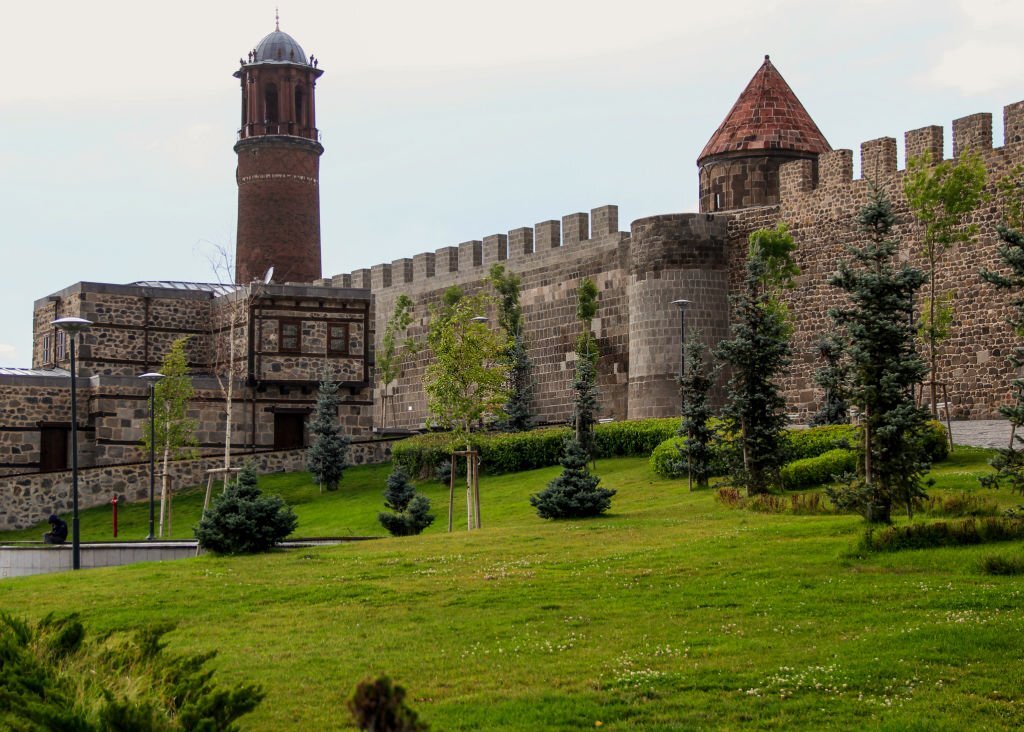
The Eastern Anatolia Region is a remote and hilly part of Turkey with numerous traditional villages and historic attractions. The region is famous for its breathtaking mountain ranges, including Mount Ararat, Turkey’s highest point. Visitors can explore the region’s many ancient sites, including the ruins of Ani, a medieval Armenian city, and the Ishak Pasha castle, a beautiful Ottoman-era castle.




